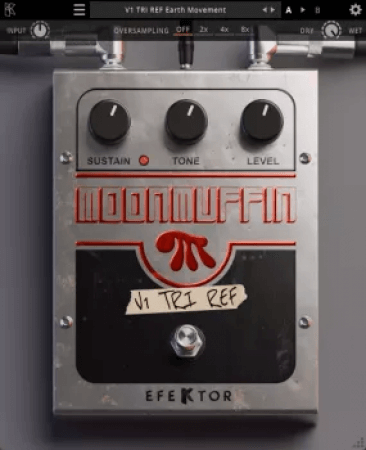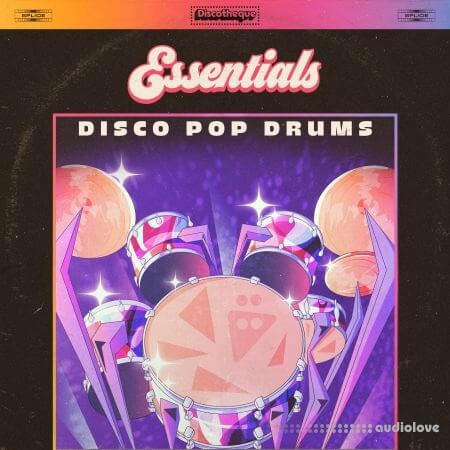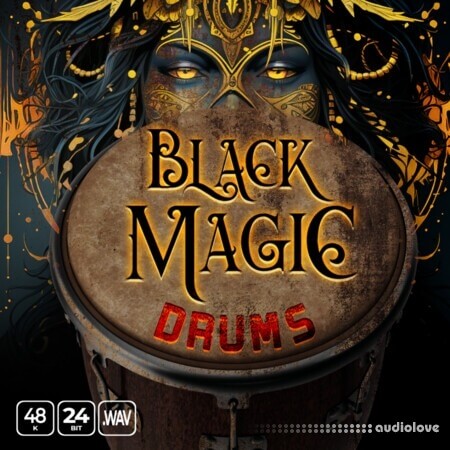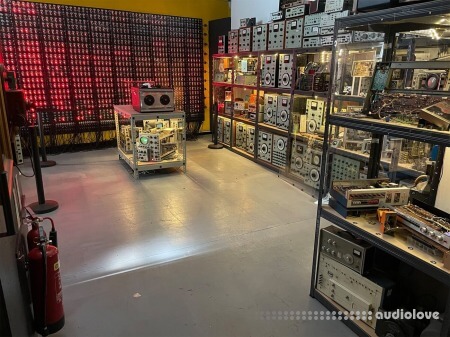Coursera - Survey of Music Technology TUTORiAL
How can we use computers to create expressive, compelling music? And how can we write computer software to help us create and organize sounds in new ways? This course provides a hands-on introduction to the field of music technology as both a creative musical practice and an interdisciplinary technical research pursuit. Through the exploration of topics such as acoustics, psychoacoustics, digital sound, digital signal processing, audio synthesis, spectral analysis, algorithmic composition, and music information retrieval, we will explore the deep relationships between art and science, between theory and practice, and between experimental and popular electronic music.
We will learn about these topics in the context of digital audio workstation (DAW) software, the multi-track editing paradigm that has been dominant in music production since the 1980s. As we learn about the foundations behind such software, we will use this knowledge to more effectively create music with it, and we will also write a series of short software programs that extend the software’s ability to manipulate, transform, and analyze sound.
Module 1: The Basics of Sound
acoustics, psychoacoustics, timbre, digital representation of sound, spectral representation of sound
Module 2: Digital Audio Workstations
DAW history and key features, music representation, recording and editing audio in a DAW, effects and automations, aesthetic context
Module 3: Working with MIDI
MIDI specification (history, structure, limitations), real and virtual MIDI devices, MIDI sequencing in the DAW
Module 4: Algorithmic Composition: Basic Techniques
basics of Python programming and the EarSketch API, history and practice of algorithmic composition
Module 5: Algorithmic Composition: Advanced
advanced topics in algorithmic programming for music including stochastic composition, chance music, process music, and modeling
Module 6: Future directions
music information retrieval, live coding, machine musicianship, new musical interfaces, mobile music, networked music
home page:
http://bit.ly/1A8S2Yhhttp://ul.to/o0y1ippl
http://rapidgator.net/file/b12c08b5215b14311899d63bdb819a8e/Survey.rar.htmlLinks are dead? You can send request (you must be registred user) to re-upload articles
with dead links and our team will try to re-upload files for you as soon as possible.
with dead links and our team will try to re-upload files for you as soon as possible.
Related News:
 Fundamentals of Music Processing: Audio, Analysis, Algorithms, Applications
Fundamentals of Music Processing: Audio, Analysis, Algorithms, ApplicationsEnglish | 2015 | ISBN: 3319219448 | 487 pages | PDF | 28.03 MB This textbook provides both profound technological knowledge and a comprehensive treatment of essential topics in music processing and music information retrieval. Including numerous examples, figures, and exercises, this book is suited for students, lecturers, and researchers working in audio engineering, computer science,...
 Coursera Stanford University And UPF Audio Signal Processing for Music Applications TUTORiAL
Coursera Stanford University And UPF Audio Signal Processing for Music Applications TUTORiALP2P 24 MARCH 2015 | 1.75 GB Audio Signal Processing for Music Applications In this course you will learn about audio signal processing methodologies that are specific for music and of use in real applications. You will learn to analyse, synthesize and transform sounds using the Python programming language....
 Algorithmic Composition: A Guide to Composing Music with Nyquist
Algorithmic Composition: A Guide to Composing Music with NyquistAlgorithmic Composition: A Guide to Composing Music with Nyquist By Roger B. Dannenberg, Mary Simoni 2013 | 264 Pages | ISBN: 0472118684 , 0472035231 | PDF | 1.46 MB Composers have used formalized procedures to create music throughout history. With the advent of the computer, algorithmic composition allows composers not only to create and experiment with different formalisms, but to hear and...
 Emory University: Coursera - Introduction to Digital Sound Design TUTORiAL
Emory University: Coursera - Introduction to Digital Sound Design TUTORiALDVDRip | English | MP4 | 960 x 540 | AVC ~523 kbps | 29.970 fps AAC | 128 Kbps | 44.1 KHz | 2 channels | Subs: English (srt) | ~12 hours | 1.38 GB Sound has always been a significant part of human experience. It shapes and transforms our everyday world. Sounds and music are embedded in almost every aspect of daily life, from communication and artistic expression to commerce, politics, and our...





Comments for Coursera - Survey of Music Technology TUTORiAL:
No comments yet, add a comment!